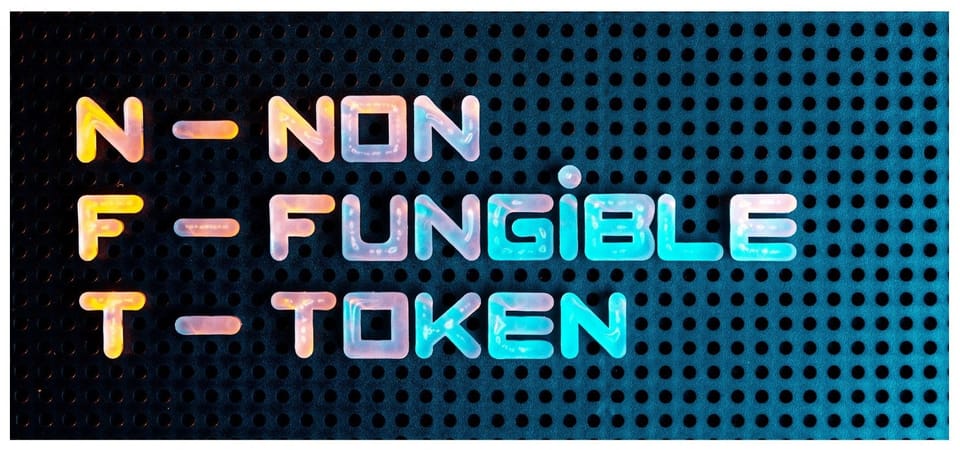NFTs: Where did all the hype go?

We live in a digital age where AI has made creation, duplication, and modification all effortless. And yet, amidst all of that, stands something that holds the potential to alter the fabric of industries.
The uniqueness of NFTs, both in their applicable use, and the very definition of the product itself is rather extraordinary if you think about it.
A non-fungible token, for all the normal folk out there, is a tokenized (think back to the tokenization piece) representation of ownership of a physical or digital asset. It essentially allows you to represent anything of value and the audit trail provided by blockchain is proof that you are the verified owner. The most important thing is that an NFT cannot be replicated, it remains unique. Imagine having a 1 of 1, authenticated and verified throughout the world.
The prestige and bragging rights that come with being able to say you hold the original version of something is probably the most appealing part of it all. The thought that no matter how history unfolds, you could verify your claim to it.
Jack Dorsey crawled so that Elon Musk could run, imagine that! So when Dorsey’s first ever tweet sold as an NFT for $2,9M, you can understand why Justin thought his Board Ape would make him more than the $1,3M he paid for it. So how did it go wrong?
Economics is quite simple - for a transaction to exist there must be a willing buyer and a willing seller.
Think about the rands in your account as an example. In a regulated market, if you don't want those rands, the banks on behalf of the SARB, are obligated to take them off your hands. That isn't the case in an unregulated market. In the world of self-governance, you must find someone willing to become the counterparty to your transaction. This is why markets like Bitcoin still have such high price fluctuations and why the conversation of regulation needs its own article.
The elephant in the room when it comes to unregulated markets, or so we’ve been taught to believe, is that they are an avenue for illicit trade and unscrupulous behaviours.
If that is the case, then why are all the regulated products and services controlled by so few in the world? Why has regulation not been democratized? We’ve hit a spiral, so before we tap into proverbial third-eye topics, let’s return to figuring out if NFTs have any potential left. And if they do, where is the value?
Finding the value
When the NFTs craze took over during the pandemic, something unpopular stood out more to me than the millions being spent, the NFT marketplaces. lt dawned on me that these marketplaces enabled sellers to maintain a level of control over what they owned.
This that took me back to conversations I had with some friends in the music and television industries some years ago. These conversations emphasised the same thing, the need for artists to earn more from their work. And so, I wondered how marketplaces could serve this need.
An NFT marketplace allows sellers, whether it be Don Billiato, William Kentridge or Hlomla Dandala to dictate the terms and valuations of their craft based on what they feel it is worth. For the rest of us, we get to consume their products in a way we've never experienced before.
An artist could create limited edition pieces of anything from music to autographed memorabilia and you and I could buy something that could easily be verified as an original. This could present an end counterfeiting and a beginning to customized valuations.
Should we not be building and investing in marketplaces like this? If the marketplace exists, surely the artistry for it will follow.
